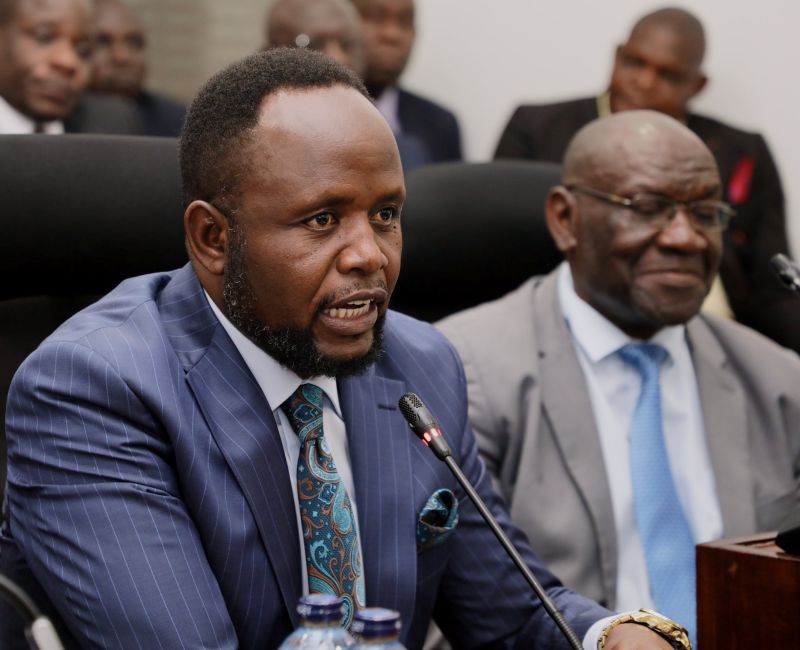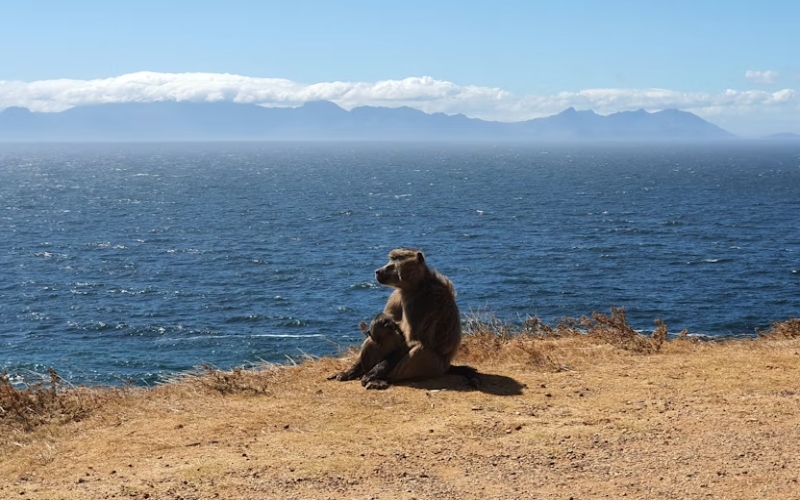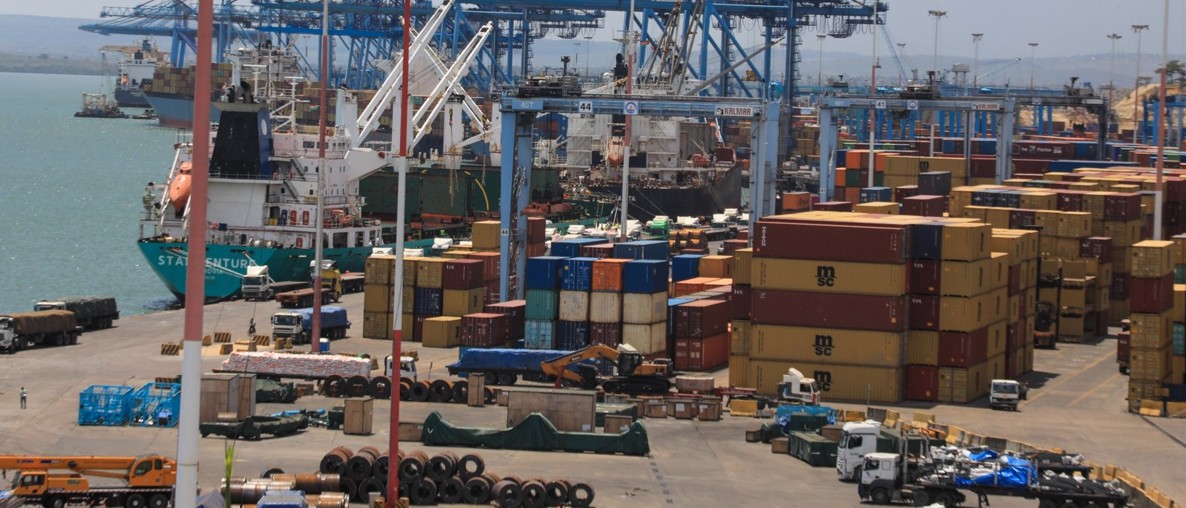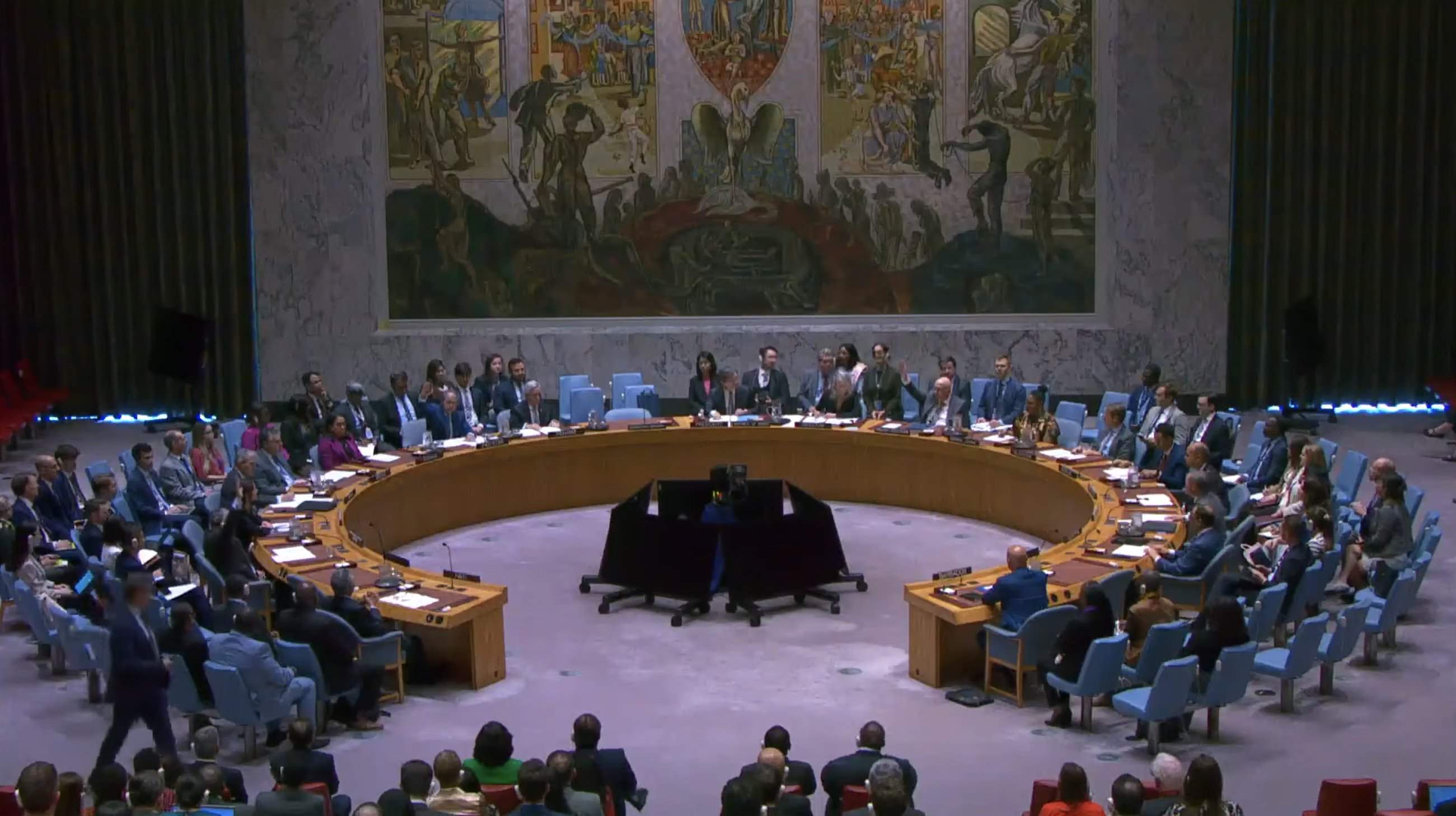Fano leader Eskinder Nega maintains stance on peace talks amid tensions in Amhara, Ethiopia

Reflecting on Africa's history, he noted that after much loss of life and property destruction, conflicting parties often return to negotiations.
Eskinder Nega, a former journalist and politician now reputed to be a leader of one of the Fano militant groups, stated that they have not yet reached a decision regarding negotiations with the government.
In an interview with BBC's Focus on Africa, Eskinder discussed the possibility of resolving the conflict in the Amhara region through dialogue, noting, "We have not yet reached a decision."
More To Read
- 30 killed, 200 others injured in Ethiopia church construction collapse
- Hailstorms, floods devastate farmlands in Tigray, Amhara regions
- Ethiopia’s two bids at democracy have failed: What it will take to succeed
- Extrajudicial killings, torture, mass detentions: US 2024 report paints grim picture on Ethiopia’s record
- Worsening drought, conflict push millions in Ethiopia into acute food insecurity, FEWS NET warns
- Drivers' association reports over 30 truck drivers kidnapped in two weeks, cites growing insecurity in war-hit Amhara region
"Many Fano groups are fighting against the government. Each group operates independently," Eskinder explained, emphasizing ongoing efforts to unite the various Fano factions.
"We are in discussions to form unity. Once this process is complete, we may reach a decision to negotiate with the government."
Eskinder highlighted the importance of formal negotiations, mentioning, "Dialogue at an official level is essential."
Reflecting on Africa's history, he noted that after much loss of life and property destruction, conflicting parties often return to negotiations.
"For us, war is the last resort. It was the government that started this war by killing and displacing many," he said.
Eskinder left his political party a few years ago to join Fano and begin armed resistance against the government. He cited the killing and displacement of hundreds of thousands of Amharas as his reason for choosing armed struggle over peaceful political engagement.
Regarding the ongoing conflict, Eskinder stated that "80 or 90 per cent of the Amhara region is under Fano control," while the government's main effort has been to manage key cities in the region.
He highlighted the severe humanitarian crisis in the Amhara region and expressed willingness for international humanitarian organisations to work in Fano-controlled areas.
Human rights violations have been widespread in the region, involving both government forces and militant groups. International human rights organisations, including Human Rights Watch, have called for independent investigations into these abuses. Eskinder supports these calls for investigations.
"To stop the war in the Amhara region, the government must stop killing us based on our identity. Hundreds of thousands of Amharas have been killed because of their ethnicity. The campaign of ethnic cleansing must end. Structural reforms and constitutional amendments are necessary," Eskinder told the BBC.
Eskinder, formerly the president of the Balderas for True Democracy party, transitioned to armed struggle with Fano after resigning from his party. With over two decades of active participation in Ethiopian politics, Eskinder has been a prominent figure, known for founding and leading political parties.
Since last year, the conflict between government forces and Fano militants in the Amhara region has led to the region being under a state of emergency for about ten months. The federal army has been openly deployed in the region for nearly a year, and clashes between government forces and Fano militants continue in various parts of the Amhara region
Top Stories Today
















































